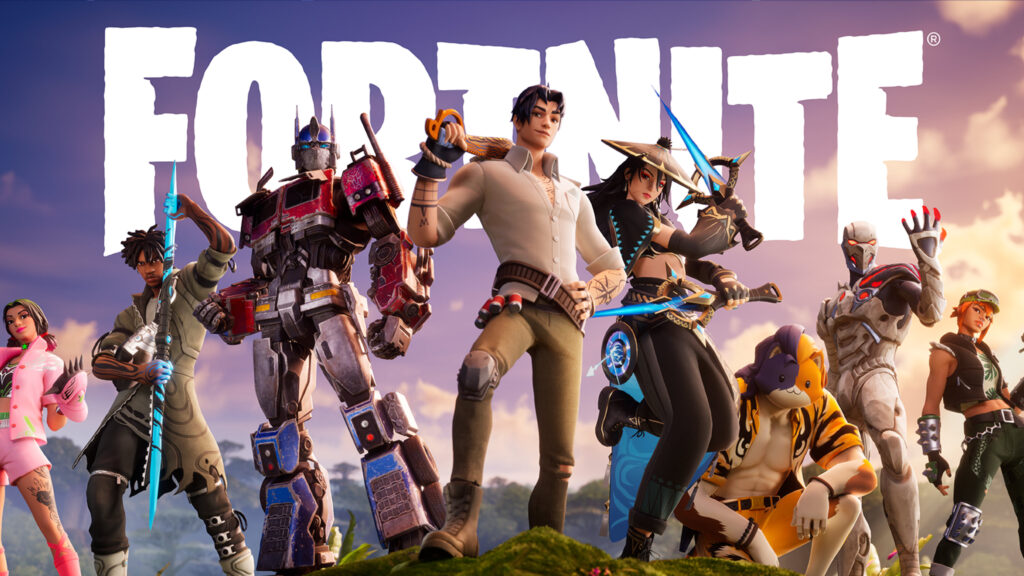Fortnite, developed by Epic Games, has emerged as a cultural phenomenon and a dominant force in the world of online gaming since its release in 2017. With its distinctive blend of battle royale gameplay, creative building mechanics, and vibrant aesthetics, Fortnite has captured the imaginations of millions worldwide. In this article, we’ll dive into the world of Fortnite, exploring its origins, its impact on gaming culture, and the reasons behind its enduring popularity.
The Birth of Fortnite
Fortnite began its journey as a cooperative survival game with a focus on base-building and defending against hordes of zombie-like creatures. While the “Save the World” mode laid the foundation, it was the introduction of the “Battle Royale” mode in September 2017 that propelled Fortnite into the stratosphere.
Battle Royale: The Game-Changer
Fortnite’s Battle Royale mode borrowed the concept from games like PlayerUnknown’s Battlegrounds (PUBG) but added its own unique twist. In this mode, 100 players drop onto an island, scavenge for weapons and materials, and battle until only one player or team remains. The game’s accessibility, quirky character design, and frequent updates quickly set it apart from its competitors.
Cultural Impact
Fortnite‘s impact on popular culture has been profound. It has become more than just a game; it’s a social platform, an esports giant, and a cultural reference point. The game’s emotes, dances, and skins have found their way into mainstream media, sports events, and even political campaigns. Popular celebrities and athletes have embraced Fortnite, participating in live in-game events and streaming their gameplay to massive audiences.
Live Events and Collaborations
One of Fortnite’s defining features is its ability to host live in-game events. From concerts featuring artists like Travis Scott and Ariana Grande to movie screenings and in-game story developments, Fortnite continuously surprises players with immersive experiences. These events not only engage the player base but also attract global attention, further cementing Fortnite’s status as a cultural phenomenon.
Cross-Platform Play
Fortnite was one of the first games to fully embrace cross-platform play, allowing players on different devices (PC, console, mobile) to join forces in the same game. This inclusivity has expanded the player base and made Fortnite a truly global gaming experience.
Monetization Model
Fortnite follows a free-to-play model, where the game is accessible to everyone without any initial purchase. The game generates revenue through in-game purchases, primarily cosmetic items like skins, emotes, and gliders. This model has proven highly successful and has influenced the industry as other games adopt similar approaches.
Educational Potential
Beyond its entertainment value, Fortnite has also found its way into education. Teachers and educational institutions have used Fortnite’s creative mode to teach concepts in architecture, engineering, and storytelling. The game’s building mechanics encourage creativity and problem-solving, making it a valuable tool in educational settings.
Conclusion
Fortnite’s rise to prominence represents a seismic shift in the gaming industry. Its combination of accessibility, constant updates, and cultural relevance has ensured its place as a defining game of the 21st century. Fortnite has not only redefined how we play games but also how we interact with entertainment and each other in a digital age. As Epic Games continues to evolve and expand the Fortnite universe, it remains an epic journey worth exploring for both dedicated gamers and casual players alike.

